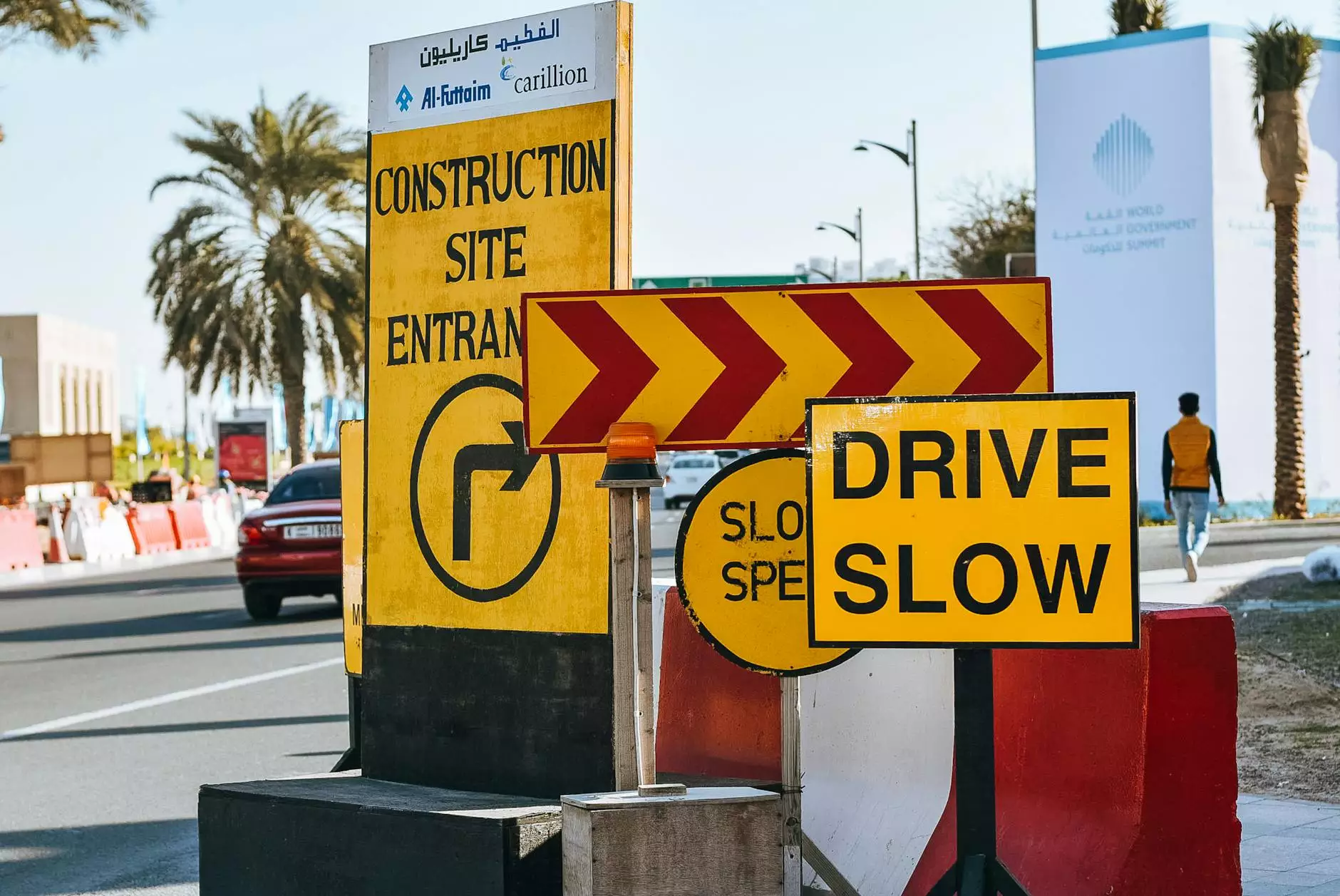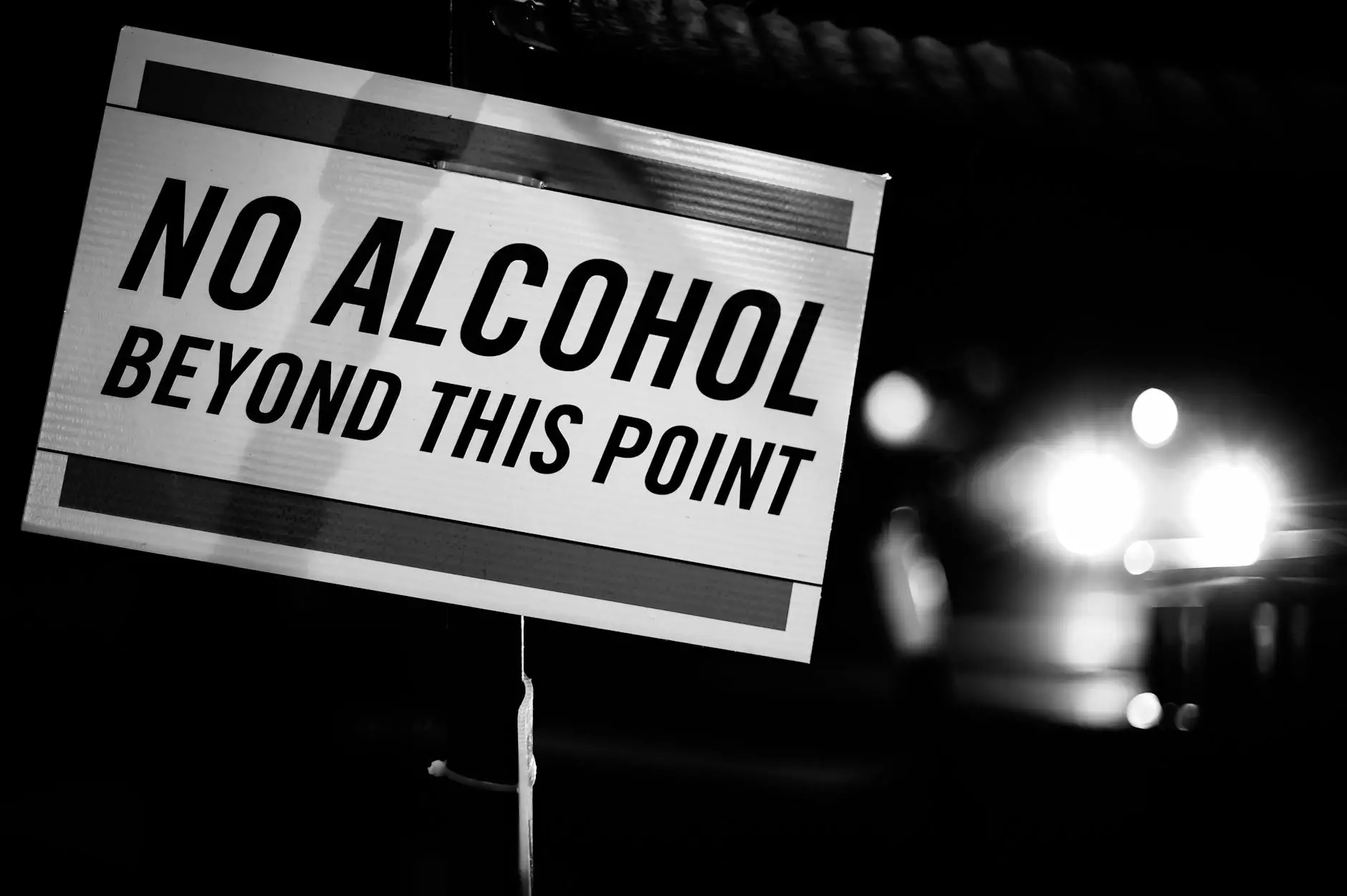Is Failure to Diagnose/Delayed Diagnosis Considered

The Importance of Timely Diagnosis in Medical Malpractice Cases
Failure to diagnose or delayed diagnosis in the medical field can have serious consequences for patients. When healthcare professionals fail to identify and treat medical conditions in a timely manner, it can result in prolonged suffering, avoidable complications, and even death.
Understanding Failure to Diagnose and Delayed Diagnosis
Failure to diagnose occurs when a healthcare professional overlooks or misses important signs or symptoms of a medical condition. This can happen during routine check-ups, emergency room visits, or any other medical encounter.
Delayed diagnosis, on the other hand, is when a healthcare professional eventually arrives at the correct diagnosis, but the delay in reaching that diagnosis caused harm or led to worsened health outcomes for the patient. It is important to note that not every delay in diagnosis can be considered medical malpractice, as certain medical conditions may be inherently difficult to diagnose.
The Legal Considerations of Failure to Diagnose/Delayed Diagnosis
Patients who have suffered harm due to failure to diagnose or delayed diagnosis may be able to seek legal recourse through a medical malpractice claim. However, it is crucial to establish certain elements to support such a claim:
1. Duty of Care
In a medical malpractice case, it must be shown that a doctor-patient relationship existed, establishing the duty of care. This means that the healthcare professional had an obligation to provide the standard of care expected in their field.
2. Breach of Duty
The plaintiff must demonstrate that the healthcare professional deviated from the standard of care by failing to diagnose the condition in a timely manner. This typically involves proving that another competent healthcare professional in a similar situation would have made the correct diagnosis.
3. Causation
Causation involves establishing a clear link between the healthcare professional's failure to diagnose or delayed diagnosis and the harm suffered by the patient. It must be shown that the delay directly led to worsened health outcomes or additional complications for the patient.
4. Damages
Lastly, to pursue a medical malpractice claim, the patient must provide evidence of the damages they have suffered as a result of the failure to diagnose or delayed diagnosis. These damages can include physical pain, emotional distress, medical expenses, lost wages, and more.
Working with a Medical Malpractice Attorney
If you believe you or a loved one is a victim of failure to diagnose or delayed diagnosis, it is essential to seek legal representation from an experienced medical malpractice attorney. The Law Office of Stanley E. Robison, Jr specializes in medical malpractice cases and has a proven track record of success in securing fair compensation for their clients.
Our legal team understands the intricacies of medical malpractice law and will thoroughly analyze your case to determine its merits. We work diligently to gather evidence, consult with medical experts, and build a strong legal strategy on your behalf.
Contact Us for Expert Legal Representation
If you have questions regarding failure to diagnose or delayed diagnosis cases, or if you would like to discuss your specific situation, don't hesitate to reach out to the Law Office of Stanley E. Robison, Jr. Contact us today to schedule a free consultation and take the first step towards seeking justice for the harm caused by medical malpractice.










